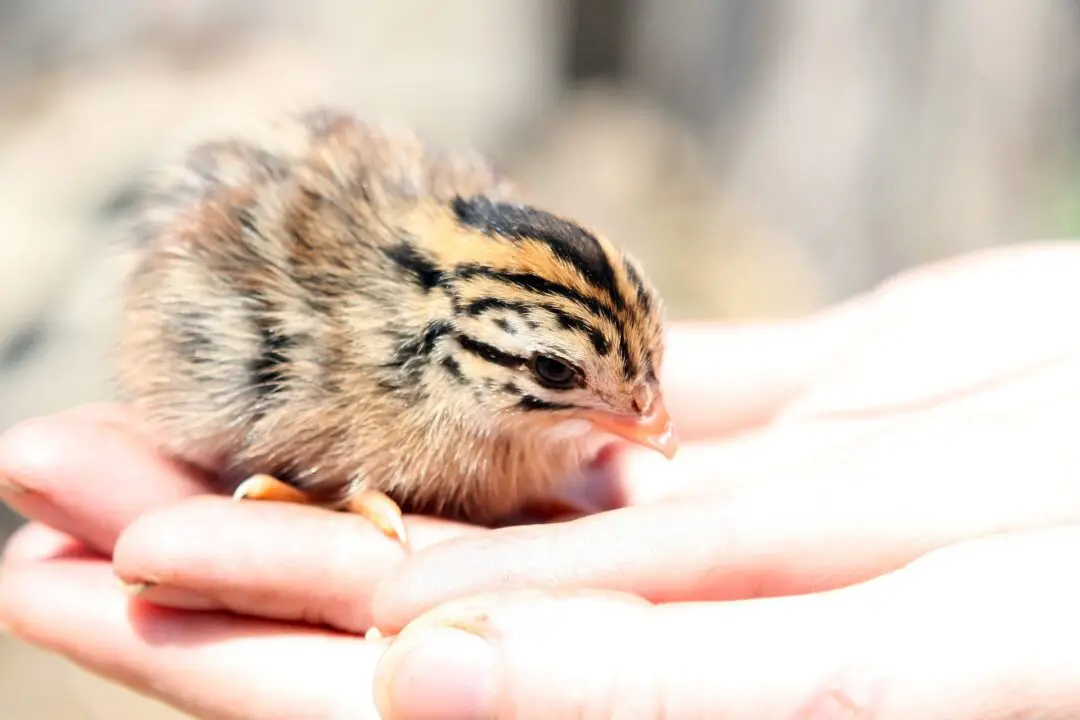While on a power walk, I observed something that led me to contemplate on livestock as a commercial entity, and how it could affect the humanity in us.
I was walking along this busy road when I noticed about three dozen chicken hurled in a cage waiting to be dismembered.
Some roosters had the courage to crow – maybe they wanted to die heroes, not as silent cowards.
A few clicks behind were huge chunks of beef roasting on a grill, as billows of aromatic scent escaped to the roadside. Lovers of roast meat bantered around the grill, eagerly waiting to devour the fleshy delicacy.
I felt for the chicken. They didn’t know they were about to share the same fate as the meat roasting behind them.
It felt cruel to have live animals right in front of a steaming grill.
Sometimes people get too invested in the profits and sales, forgetting that these animals deserve a little decency. We seem to be losing respect for the life flowing in these animals.
This experience drew me back to the 1700s, when the earliest instances of the Industrial Revolution were documented.
Since those times, humans have sought to optimize every process for productivity – to achieve maximum output at the least cost possible.
We get better at it everyday. Our capabilities have expanded from simple mechanization of work to scaling up of production to significant capacities. Mass production reigns supreme across all industries.
The automotive industry alone is projected to hit 69.8 million sales in 2021 (Statista). More than 80 Billion pieces of clothing are produced every year (Planet Aid). Coca Cola sells 1.8 billion beverage bottles a day. How colossal.
The question of live subjects
We went ahead and applied the same craftiness onto our live subjects.
We wanted to milk the most cheese out of cows, slaughter the most beef from cattle, get the most pork from pigs, lay the most eggs from chicken; we just wanted to maximize outputs.
Productivity has been boosted immensely by genetic improvement. Today’s animals grow up to two times faster and produce more than their original breeds.
You might be wondering, “What’s wrong with all this? It sounds like we’re just trying to meet our demand for food.”
Well, yes, what needs to be done has to be done, for instance considering we consume over 340 million tons of meat every year. The problem arises from how we get it done.
Control and its possible ramification
Productivity and the natural course of life (unchecked) often cannot not go hand in hand. Leaving everything into the cares of the natural world would translate to losses.
To achieve maximum productivity, we need to control how animals feed, drink, move around; just about anything that affects their lives.
In doing this, animals appear as the victims. But we may be the bigger victims here because we do not stop to think of how it shapes our views and perceptions on life.
Same breath
As we tune livestock to look more like our highly productive industries, we forget that they carry the same breath as us.
This sounds like too meagre an issue to cause concern. But its a spark small enough to light up a forest.
Animal life, though not equally significant as human life, still remains to be life, deserving of decency. Losing sight of this bears serious ramification – we may also lose the decency of human life as well.
Once we no longer respect life with its imperfections, we may extend our hands and start experimenting on humans to turn them into more efficient and productive beings.
Some degree of control is out of the confines of humanness. Let the decency of life be upheld.

